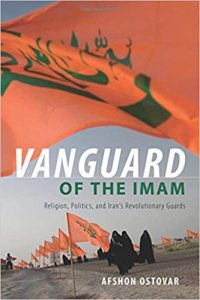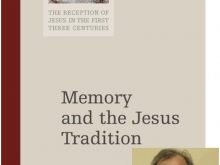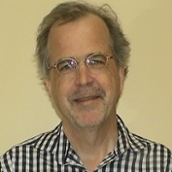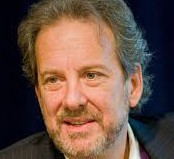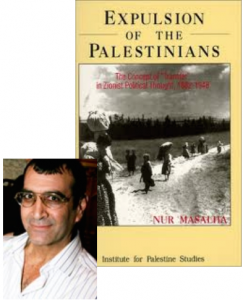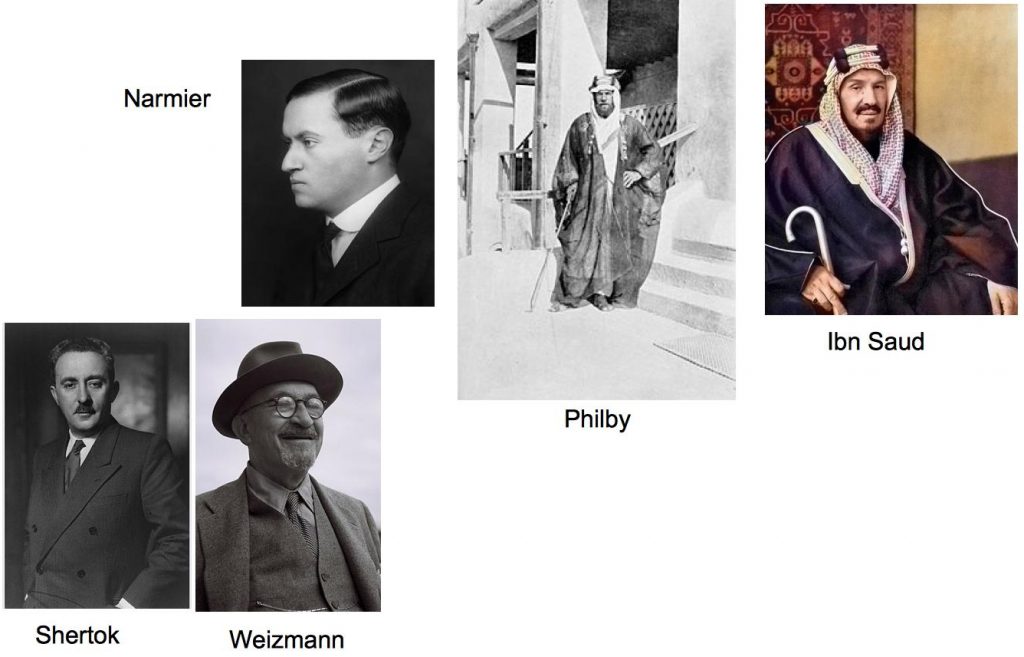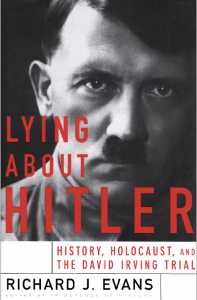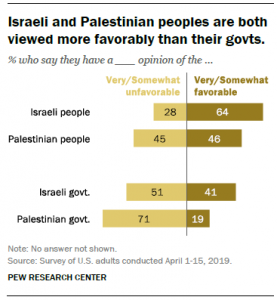I am an Australian but I think that makes it harder for me to understand Australia in some ways, especially the weekend’s depressing election results. Perhaps that’s because what I would like to see obscures my view of the reality.
Scott Morrison, a Pentecostal churchgoer who attributed his election victory to a miracle, is once again Australia’s Prime Minister — after winning an election that broke the standard rules of the game. His Liberal-National coalition was meant to be thrashed at the polls after all sorts of not very secret political power plays that saw ugly challenges and changes of party leadership prior to the election.
The good news:
Tony Abbott, ex-Prime Minister, eater of raw onions with skin, Catholic, anti-abortion, a climate change denier who becomes a climate change believer when he sees his support base waning, and back-stabber and leaker-of-dirt-on-colleagues-to-the-press-in-chief, lost his seat and is finally out of Parliament for good.
The bad news:
Peter Dutton, an alt-right type racist and all-round bigot who was the one Abbott and others in the Liberal National coalition hoped would be the new Prime Minister could not be unseated despite massive campaigns from all sorts of movements and notable persons to target him in his electorate.
Following on from the entrenched support for Dutton we have further alt-right type persons, racists, fear-mongerers, — Pauline Hanson and Clive Palmer — giving their preferences votes to Scott Morrison’s party and handing him a secure and unexpected sweeping victory in north Queensland. That is despite Pauline Hansons’s party being caught out in a sting operation by Al Jazeera journalists approaching the U.S.’s National Rifle Association for donations and Clive Palmer being such an obviously dishonest jerk going all out to imitate Donald Trump’s worst attributes. (Palmer cheated workers of wages when one of his mining businesses collapsed and promised to “repay” them just on the eve of the election — surely such an obvious con no-one could possibly take him seriously.
But surely racism and fear of job losses as a result of environmental priorities is not the whole story. Those states of mind are always going to be with us.
On the other side, I find myself despairing of public “debates” and interviews. Political leaders now have the art of evading direct answers to questions down to a fine art. Scott Morrison doesn’t use the term “fake news” but he does regularly speak of the “Canberra bubble” to dismiss any serious questions. Same thing, just an Australian branding.
Yet the “serious” interviewers don’t do seriously informative interviews. They play the game of asking questions from the opposing party’s point of view. They don’t stand back and challenge the respective parties from the perspective of the broader public. Interviewing a Liberal politician they challenge them with Labor Party points; and vice versa and so on. It’s all removed from the real world.
Except for the shock-jocks — who play the anti-immigrant and fear cards.
And the shock-jocks and the mainstream interviewers are earning fortunes to do their work of trying to score political points and win audience ratings. And meanwhile both major parties are dancing and dining comfortably with big business and careful not to upset the media giants.
It’s all out of touch with reality — at least the reality of the root drivers of the forces shaping the worlds of most of us.
Democracy and political debates is primarily about media management and media images. And that gives the victory to the cleverest or luckiest and/or richest manipulator.
There’s something ugly happening here and we’re waiting for something positive to return to the play. That’s how it seems to me. I wish I could understand it more clearly.


